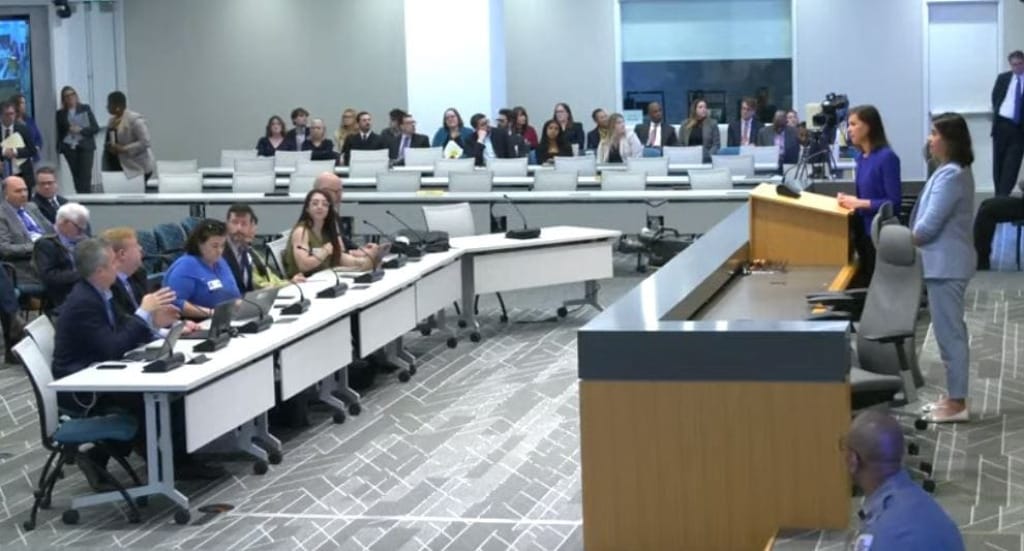Net Neutrality
The FCC also filed a motion to move the case from the Sixth Circuit in Cincinnati to the D.C. Circuit in Washington.


WASHINGTON, June 7, 2024 – The Federal Communications Commission on Friday refused to suspend its Net Neutrality rules while pending judicial review, a setback for Internet Service Providers that claimed the rules violated the law and inflicted serious financial harm.
Without a judicial stay, the FCC rules adopted under Chairwoman Jessica Rosenworcel are scheduled to take effect on July 22, 2024. Among other things, the rules generally bar ISPs from blocking and throttling lawful content or accepting payment for prioritizing content.
In related development, the FCC filed a motion Friday seeking to move the Net Neutrality litigation to the D.C. Circuit in Washington. Earlier in the week, the Sixth Circuit in Cincinnati was chosen by lottery to hear the case.
Last Friday, major ISP organizations, including USTelecom – The Broadband Association, NCTA – The Internet & Television Association, and CTIA – The Wireless Association, requested the stay from the FCC, adding that it wanted a response by today to give a federal court time to consider a judicial stay prior to July 22.
The FCC’s order was issued by Trent Harkrader, chief of the FCC’s Wireline Competition Bureau. Issuing the stay would have put the rules on hold potentially for years.
In the order, Harkrader said the ISPs’ stay request failed to meet the necessary standards, such as irreparable harm and likelihood of prevailing on the merits.
“The party requesting a stay bears the burden of showing that the circumstances justify an exercise of that discretion. Petitioners have failed to meet that burden,” Harkrader said.
The FCC’s new Net Neutrality rules are similar to the ones adopted in 2015 and affirmed by the U.S. Court of Appeals for the D.C. Circuit.
In challenging the new rules, ISPs are planning to say the FCC has violated the Supreme Court’s Major Questions Doctrine – a new judicial canon that requires the FCC to receive clear authorization from Congress to adopt rules of vast economic and political significance.
In his order, Harkrader said the agency did not believe the Major Questions Doctrine was applicable.
“Because the [Net Neutrality] Order simply follows the best reading of the statute, the major-questions doctrine should not come into play in this context at all,” he said.
In the motion to move the case to the D.C. Circuit, the FCC said such a step was justified because the Washington court had reviewed several Net Neutrality orders issued by the FCC going back many years.
“If litigation were to proceed in [the Sixth Circuit], instead of the D.C. Circuit, the [Sixth Circuit] and the parties would need to expend considerable effort to walk the same ground paved by the past 16 years of litigation in the D.C. Circuit,” the FCC said.
The Sixth Circuit has Republican leanings. Among the judges listed on the court’s website as still active, 10 were appointed by Republicans and six by Democrats in the White House.
This story was updated at 8 p.m. on June 7, 2024 to include that the FCC on Friday filed a motion to move the Net Neutrality case from the Sixth Circuit to the D.C. Circuit.


